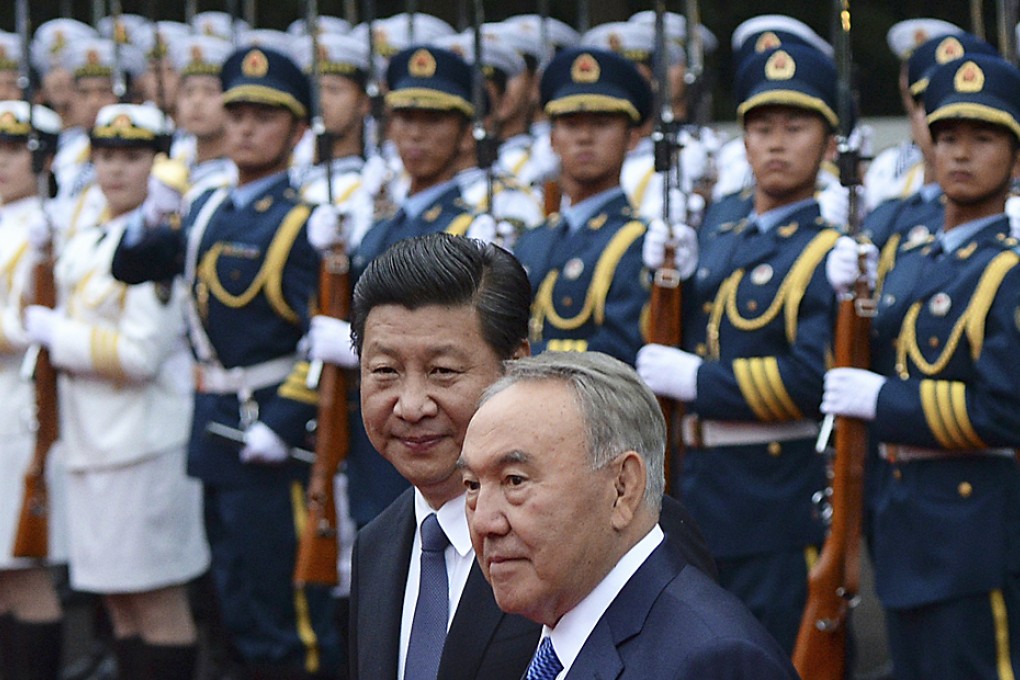China relishes its new role fostering regional cooperation
Li Lifan and Raffaello Pantucci study China's rising profile as a big power

The Conference on Interaction and Confidence Building Measures in Asia, which begins today in Shanghai, largely passes unnoticed most years. But this year it is being touted as a major global event, largely due to Russia's current awkward relationships elsewhere and China's growing global profile.
It also offers a window into President Xi Jinping's vision for China's foreign policy.
First proposed by President Nursultan Nazarbayev of Kazakhstan in 1992, it took 10 years for the conference to hold its first summit in Almaty. Now with 24 members, nine observer states and four observer organisations, the conference offers an interesting forum where countries with difficult relations can interact.
This year, there are high expectations of what it might mean for regional engagement in Afghanistan in the post-drawdown world.
The group's first summit in 2002 was held in the shadow of the September 11 attacks and concluded with a declaration on eliminating terrorism. Non-traditional security threats have always been high on the agenda; in the current environment, they remain a priority.
But in many ways, this year's event will be overshadowed by the interaction between Russia and the various members.
Both China and Russia have already hinted that this is finally the year when they will resolve their long-standing gas pricing dispute, and both have indicated they will have substantial bilateral interactions, including military exercises near the time of the conference.